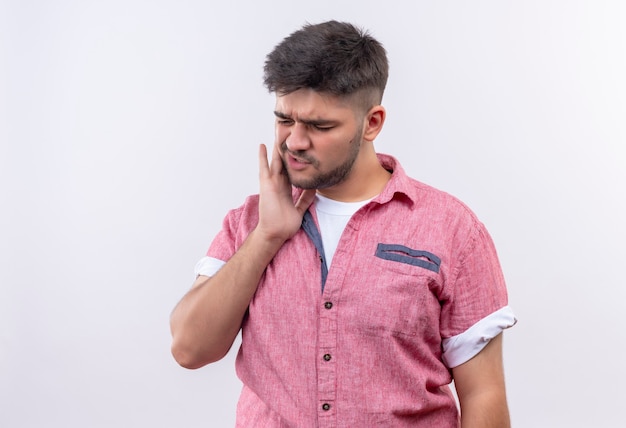
Holistic approaches to integrative healing are gaining popularity for their focus on treating the whole person—mind, body, and spirit—amid a world largely driven by conventional medicine. This article delves into these holistic methods, underscoring the belief that all aspects of an individual are interconnected and that genuine healing involves addressing the root causes of health issues or imbalances.
Mindfulness practices, like meditation and yoga, are powerful for reducing stress, fostering relaxation, and boosting overall well-being by connecting mental and physical health. For instance, healthcare professionals often incorporate these practices to help patients reduce stress, enhance emotional health, and improve mental clarity.
Nutrition is also integral to holistic healing. A well-balanced diet filled with whole foods is often emphasized, steering clear of processed elements. Holistic practitioners usually evaluate a person’s diet to tailor meal plans that support optimal health, which is crucial for managing chronic conditions like heart disease and diabetes.
Herbal medicine plays a vital role in holistic healing, using plant-based remedies that generally have fewer side effects than pharmaceuticals. Holistic experts may suggest specific herbs to address health concerns, relying on centuries-old traditions of herbal use for healing and wellness.
Energy healing focuses on clearing energy blockages and restoring the body’s energy flow through practices like Reiki, acupuncture, and qigong. These techniques are often combined to encourage physical and emotional recovery.
Body-centric healing therapies also contribute to physical well-being by improving circulation and releasing tension. These treatments are tailored to the individual needs of each patient, often used alongside other therapies to enhance overall healing.
Emotional and spiritual wellness is highly valued in holistic approaches, using therapies such as art therapy and counseling to help individuals process emotions, build resilience, and find meaning. Patients are encouraged to actively engage in their healing journey, becoming informed about their choices.
Overall, holistic healing emphasizes personalized care and empowers individuals to take charge of their health. It considers physical, mental, emotional, and spiritual dimensions of well-being. However, a balanced approach is essential, integrating holistic methods with conventional medicine when needed. This combined strategy aims to provide alternative options that may better suit an individual’s lifestyle and health journey.









